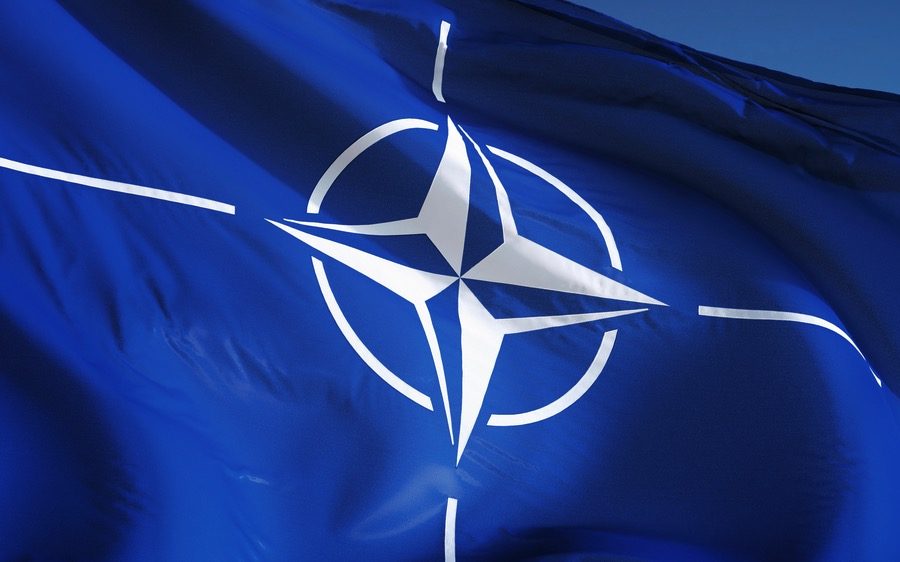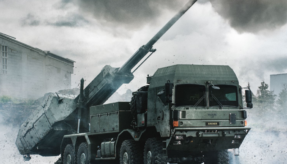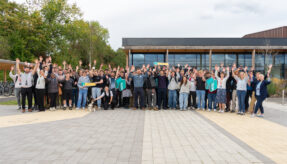
NATO defence ministers have agreed plans for a new anti-terrorism hub to be based at the alliance’s Joint Force Command centre in Naples to tackle security threats from the Middle East and North Africa.
Described by NATO Secretary-General Jens Stoltenberg, as a “cornerstone”, the centre will be a focal point of NATO’s anti-terrorism efforts to stabilise the southern region.
Around 100 people will work at the Hub, as they analyse potential threats and collaborating with partner nations and organisations.
Mr Stoltenberg said: “It provides us with a tool that can be used addressing different challenges and different situations because it increases our situational awareness, it increases our ability to coordinate, to collect information and to understand information but this has to be seen in connection with other things we are doing.”
The Hub is just one part of the Alliance’s response to threats stemming from the Middle East and North Africa.
At the meeting, defence ministers also discussed NATO’s Joint Intelligence, Surveillance and Reconnaissance capability and agreed to develop a follow-on capability for NATO AWACS planes after they retire around the year 2035.
If you would like to join our community and read more articles like this then please click here
anti-terrorism Joint Intelligence NATO Surveillance and Reconnaissance







